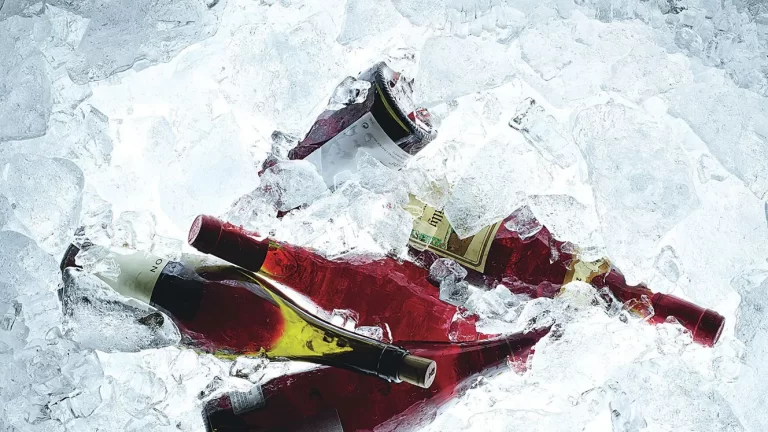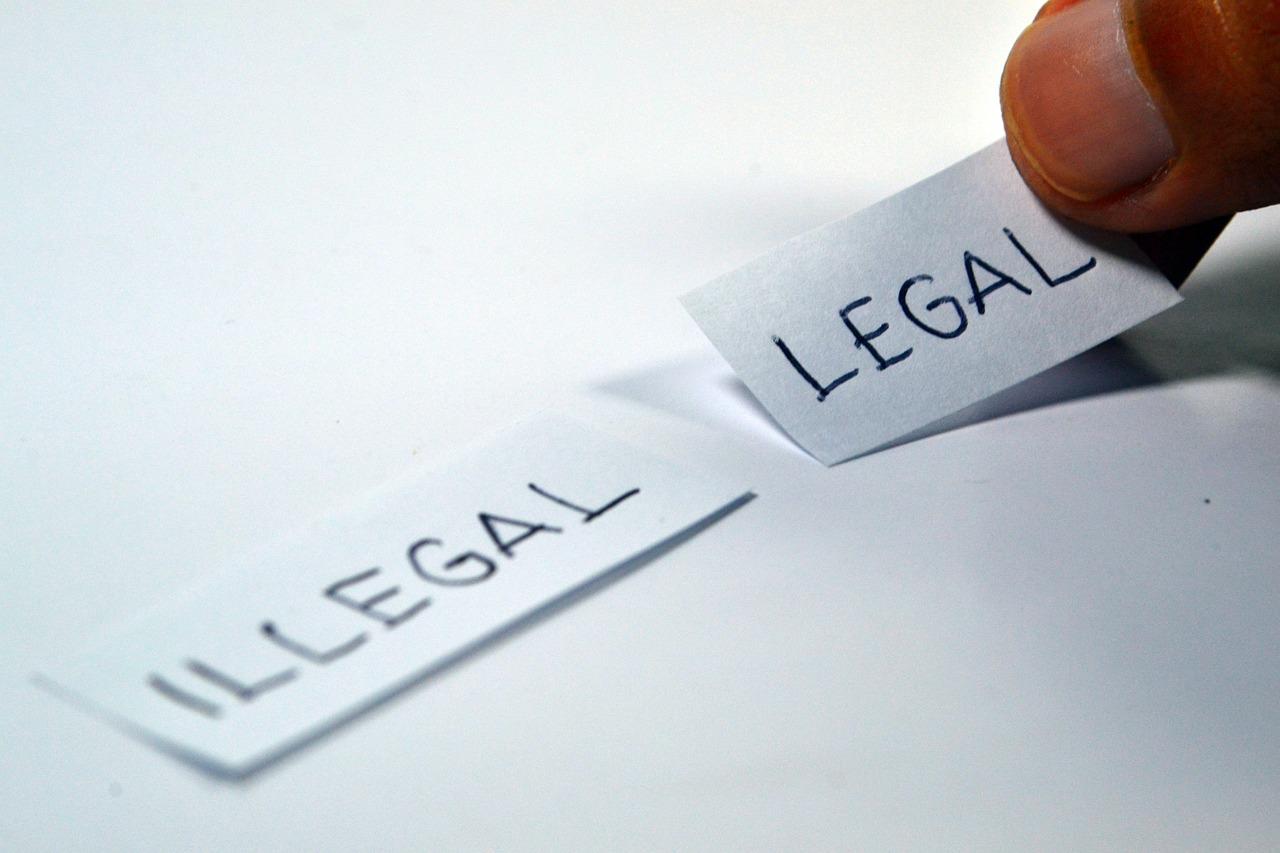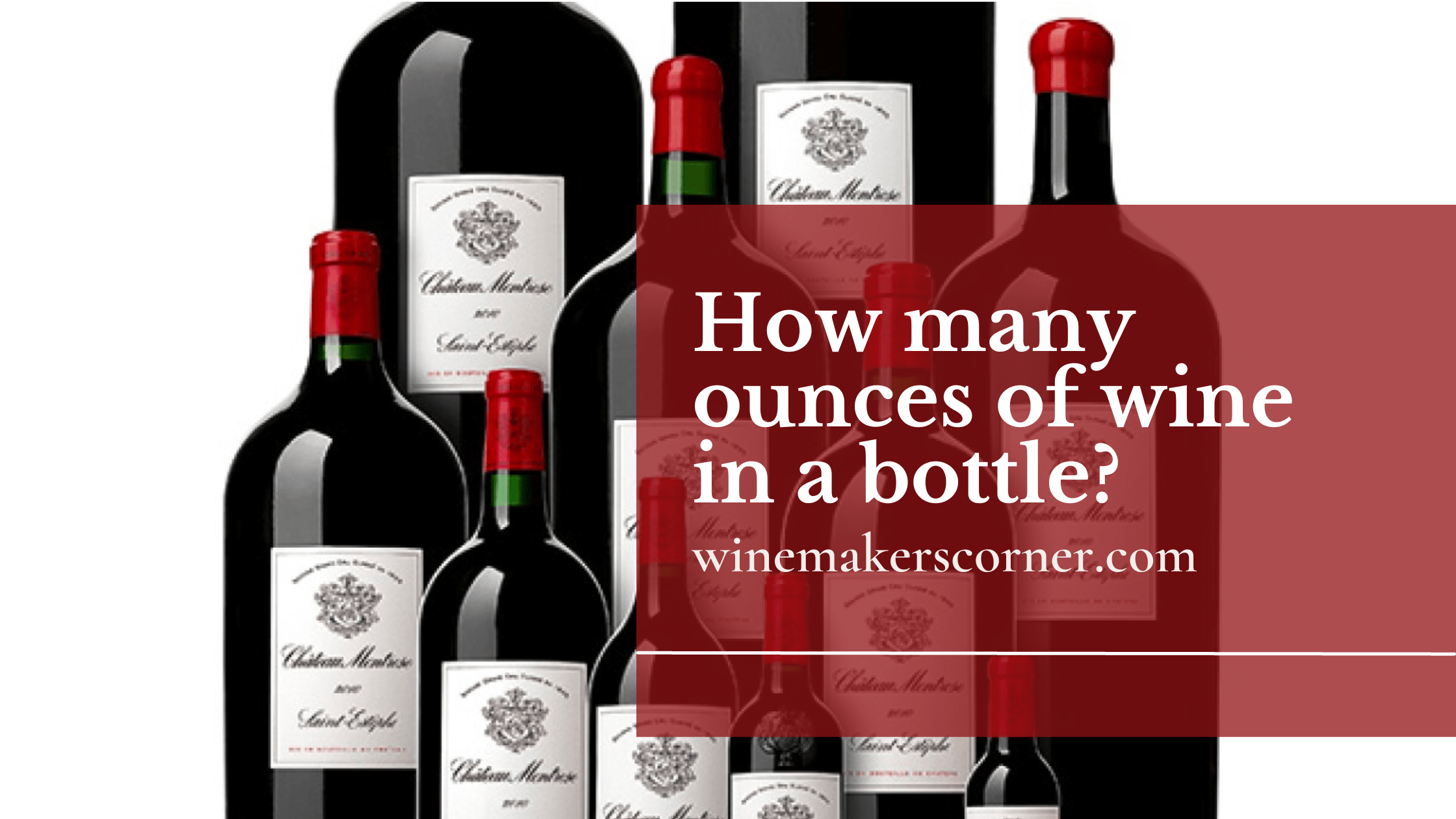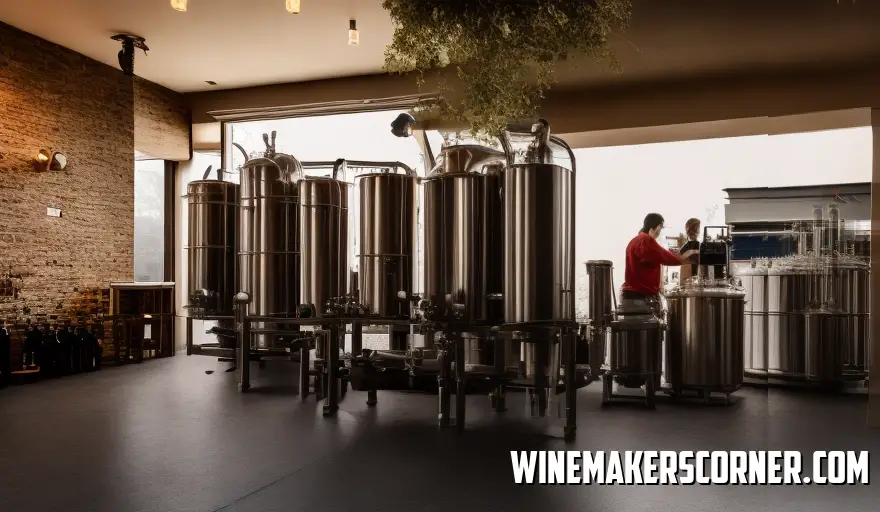Although wine is extensively consumed worldwide, how does it respond to frigid temperatures? Does it get cold? Does wine freeze? The solution might surprise you. In this article, we will look at the science behind wine’s freezing point as well as how it affects serving and storing. We will clarify some common misconceptions regarding the topic and go over ways to keep wine from freezing. You will know more at the end about what happens to wine when it is exposed to chilly temperatures.
Table of Contents
Does Wine Freeze?
The short answer is yes, wine does freeze. While wine will not typically freeze in a refrigerator, it will freeze in a freezer and can possible freeze in outdoor settings if the temperature remains too low. What does that mean for the wine? Will it ruin the wine or impact the flavor? What about the bottles? We’ll take a look at the effects of frozen wine.
What Causes Wine to Freeze?
Wine freezes because of the naturally low alcohol content, which can range anywhere between 5-20% ABV (Alcohol by Volume). The lower the alcohol content, the lower the freezing point of an alcohol.
Since wine often has a lower alcohol content than other alcoholic beverages, it can freeze more easily. Additionally, wine can freeze more quickly than other alcoholic beverages because of its higher water content. Thus, if the temperature drops to a certain point, the water in the wine will freeze, leaving behind a slushy mixture of ice and liquid.
The high alcohol content of a spirit, like vodka, is why you can put it in the freezer without it becoming frozen. Since wine has much lower alcohol content than vodka, it will freeze at a higher temperature.
Does Freezing Wine Ruin It?
Freezing wine does not necessarily ruin it, but it can have an adverse effect on its quality. Wine is composed of a variety of components including alcohol, water, tannins, and acids. When exposed to extreme temperatures, such as freezing, the liquid components of wine can separate from the solid components and be altered in taste and texture.
The alcohol in wine is more resistant to freezing than the other components, meaning that when the temperature drops, the water will freeze and form ice crystals, while the alcohol remains a liquid. This creates an imbalance of ingredients, and can cause the wine’s flavor and texture to change.
In addition, if the wine is exposed to temperatures below freezing for an extended period of time, the cork can become damaged and allow air to enter the bottle, which can further affect the quality of the wine.
Therefore, while freezing wine will not necessarily ruin it, it can have an adverse effect on its quality, so it is generally not recommended. If you do choose to freeze wine, it is important to ensure that it is stored in airtight, temperature-controlled containers, and that it is not exposed to temperatures below freezing for more than a few hours.
Will Wine Bottles Explode If the Wine Freezes?
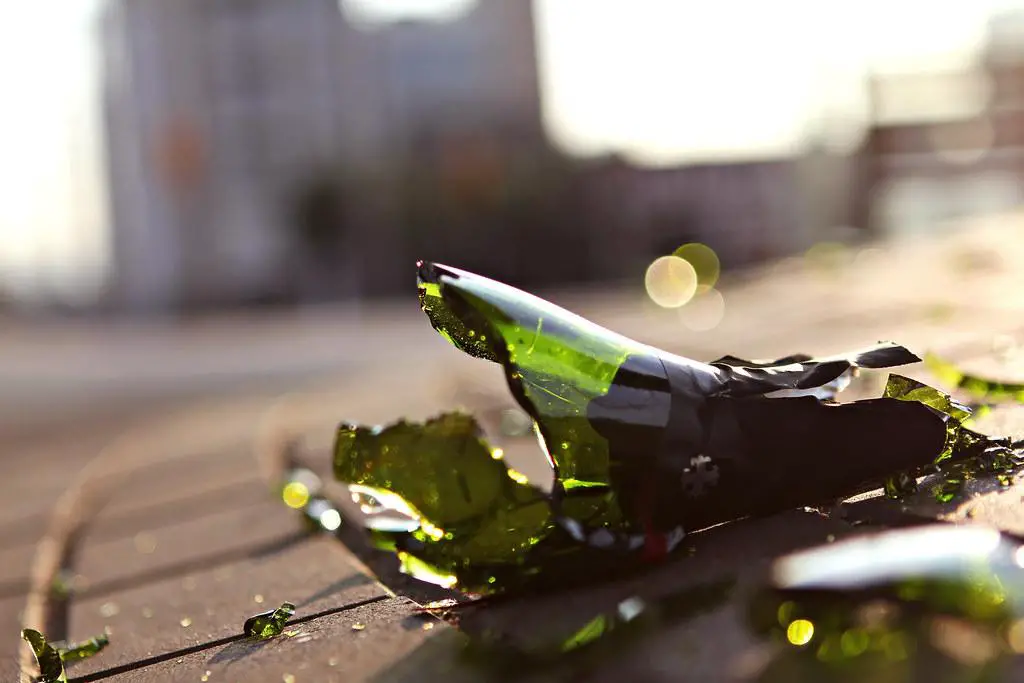
The short answer is yes, wine bottles can explode if the wine freezes. This is because as water freezes it expands and can cause a tremendous amount of pressure inside the bottle, leading to an explosion.
When wine freezes, the water in it will expand by approximately 9%. If the bottle is not designed to withstand this pressure, the cork may be forced out of the bottle, which can result in an explosion. It is also possible for the bottle itself to burst due to the pressure.
The best way to prevent this from happening is to store your wine in a cool, dark place. If the temperature rises too high, the wine may spoil, but it won’t freeze and cause an explosion.
If you do find that your wine has frozen, you should move the bottles to a warmer location and allow them to thaw slowly. Do not try to thaw them quickly, as this can also lead to an explosion.
It is important to remember that older bottles are more susceptible to exploding if the wine freezes, as they may not be able to withstand the increased pressure. You should inspect any older bottles for signs of wear and tear before attempting to store them in a cool location.
Can I Freeze Wine to Store It?
You can technically freeze wine to store it. However, it’s important to know that the freezing process can alter the taste of the wine, so it’s not recommended for wines that you intend to drink.
When freezing wine for storage, it’s important to use a plastic or glass container. Avoid using metal containers as the metal can interact with the wine, resulting in an unpleasant taste. It’s also important to leave plenty of headspace in the container, as the wine will expand as it freezes.
When it comes to thawing the wine, it’s best to thaw it slowly in the refrigerator. This will help preserve the flavor and texture of the wine. Rapid thawing can cause the wine to become overly acidic and develop off-flavors.
It’s important to note that after freezing, the wine won’t be probably won’t suitable for drinking. This is because the freezing process can cause the color and flavor of the wine to change.
How Do I Properly Chill Wine Without Freezing It?

Chilling wine properly is essential to unlock its flavor and enjoy it to its fullest potential. The best way to chill wine without freezing it is to place the bottle in a bucket filled with ice and a little bit of water. This will lower the temperature of the wine without causing it to freeze.
Additionally, you can place the bottle in the refrigerator for 30 minutes to an hour. If you are looking for a faster option, place the bottle in a bucket filled with ice and a bit of salt. This will help accelerate the cooling process. Whatever method you choose, remember to serve the wine slightly cool, not cold.
Conclusion
In conclusion, freezing wine is not recommended, as it may cause the wine to lose its flavor and integrity. This is especially true for wines that are lower in alcohol, as they contain more water, which can expand when frozen and lead to a broken bottle. If you find yourself in a situation in which your wine has frozen, it is best to allow it to thaw before drinking or cooking with it.
